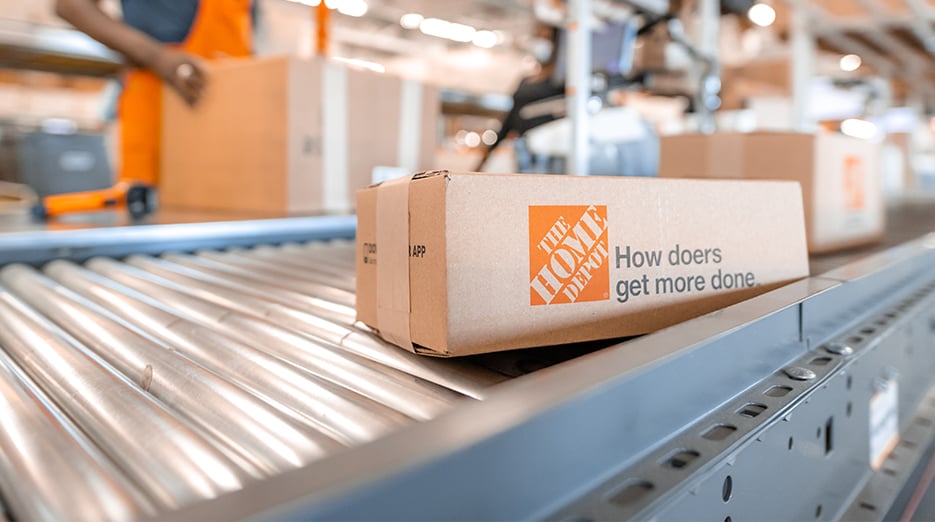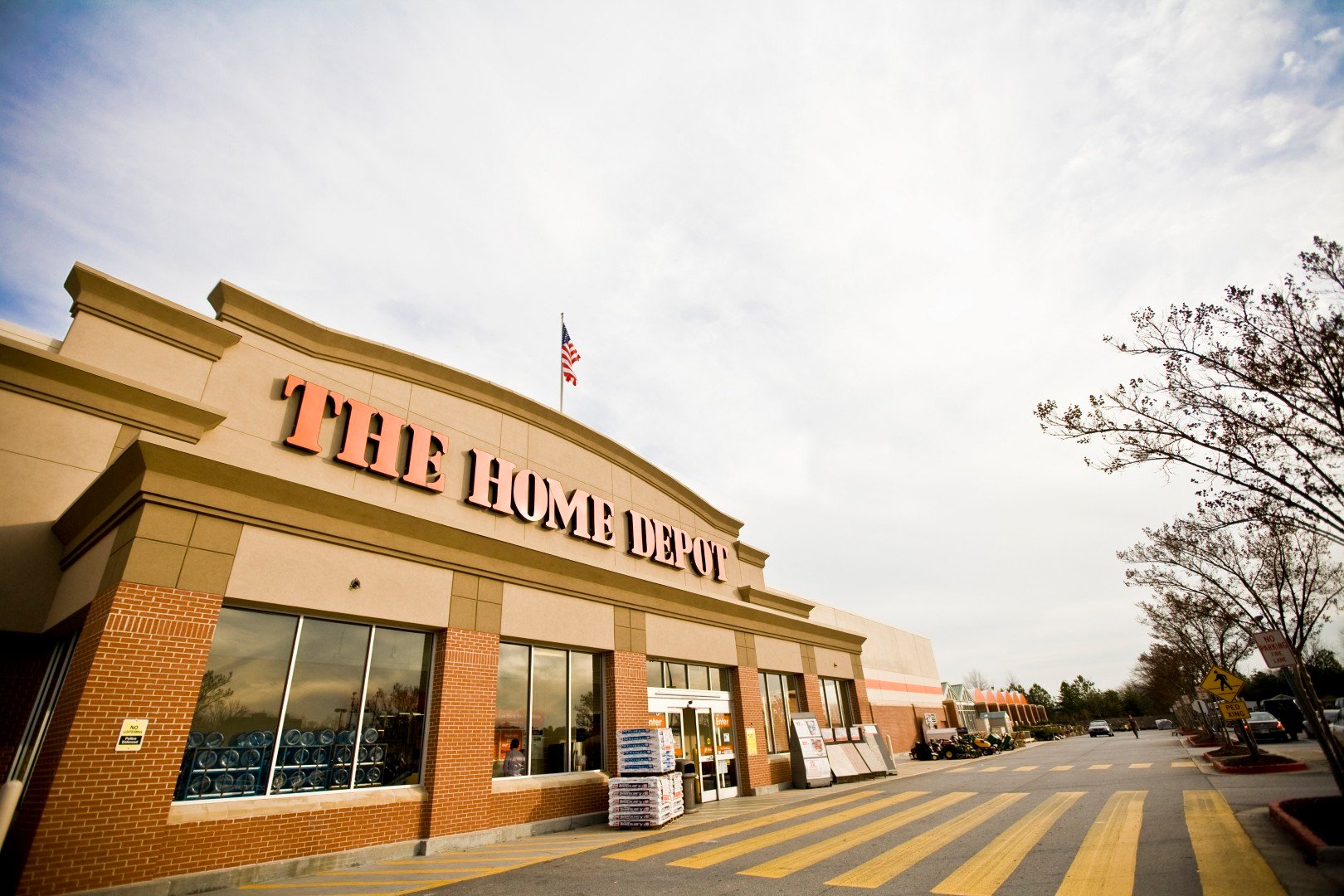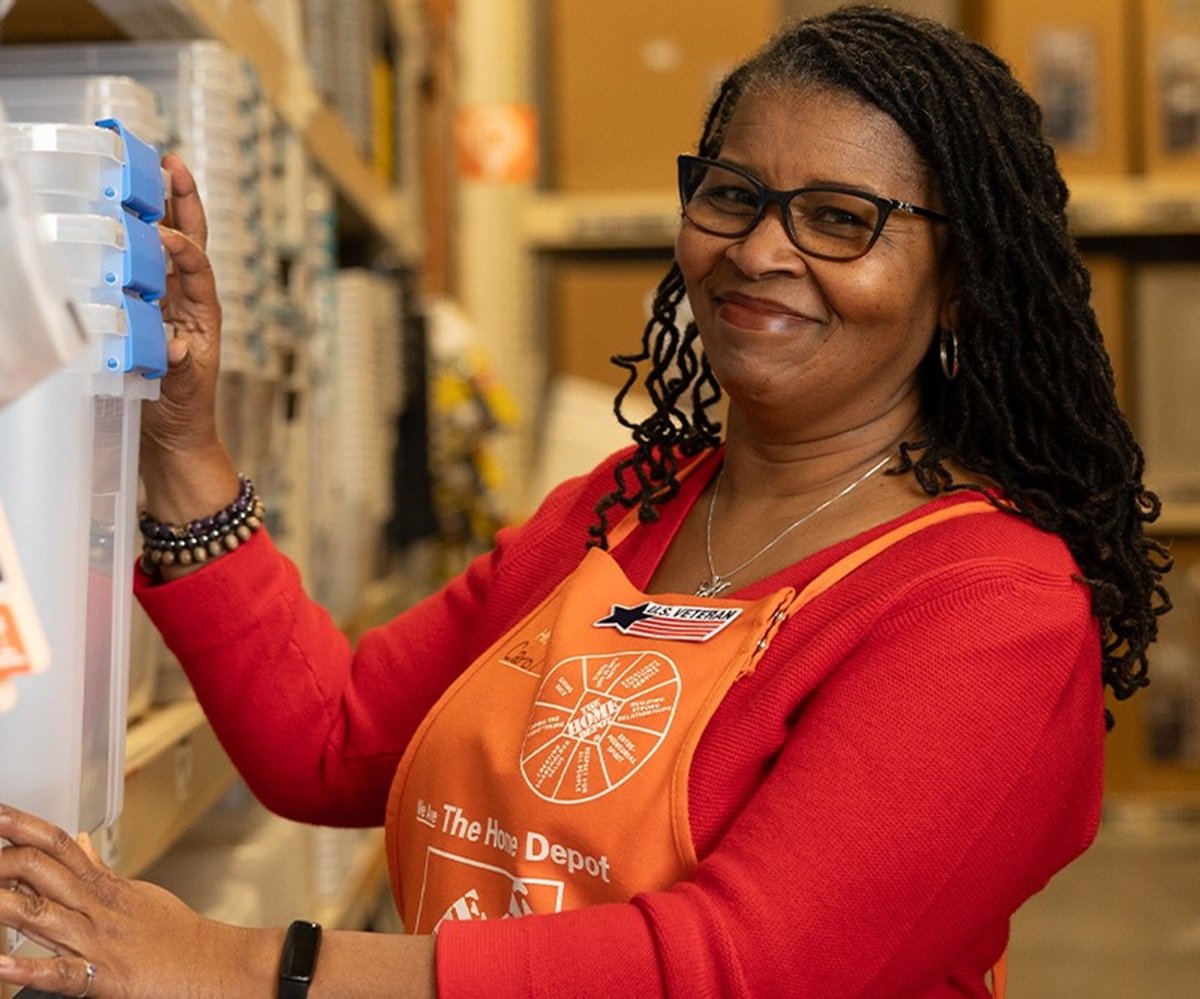The best companies are run by management teams who are dedicated to their shareholders. The values of these companies include both maximizing profitability and maximizing the capital returned to their investors. Home Depot (HD +0.39%) is one of the most active companies in trying to do just this and its strong financial standing makes it all possible. Let's take a look at Home Depot's recent dividend announcement and its current share repurchase program, and see if this is the investment your portfolio is missing.
The people in orange
Home Depot is the largest home improvement specialty retailer in the world. It currently operates 2,260 locations in the United States, Puerto Rico, the U.S. Virgin Islands, Canada, Mexico, and Guam. The company was founded in 1978, went public in 1984, and has been a part of the Dow Jones Industrial Average since 1999.

The investor's best friend
One of the two best ways to return cash to shareholders is through dividend payments. Value investors love a good yield and Home Depot currently pays out an annual dividend of $1.56, giving it a yield of roughly 1.97%. It has been paying dividends uninterrupted and without reduction since 1987, resulting in 108 consecutive quarterly payments. The company has increased its dividend 11 times since the year 2000, and this number would likely be higher had the recession not caused the company to tread carefully. Here's a glance at the annual dividends paid over the last five years:

Aside from the percentage yield itself, analysts always like to check the safety of the dividend. It is more than safe and reasonable to assume that Home Depot's dividend is safe from reduction or elimination for the next several years. As you can see in the chart below, the company has increased yearly payments each year since 2009, and I believe this trend will continue over the next several years due to increased free cash flow generation.
Bringing it home
The other great way to return cash to shareholders is through share repurchase programs. Repurchasing shares reduces the amount of shares outstanding, which increases earnings per share and makes the remaining shares more valuable. In February, Home Depot announced that it would be repurchasing $17 billion worth of its shares by the conclusion of fiscal 2015. This actually replaced its previous ongoing program, because there was more capital available. In the third quarter, Home Depot repurchased an estimated 24.5 million shares for about $2.1 billion; this brings the total amount repurchased to $6.4 billion year-to-date. The company stated that it planned to repurchase another $2.1 billion of shares in the fourth quarter.
In the span between 2002 and Feb. 3, 2013, when the newest program was announced, Home Depot had returned an incredible $37.5 billion of cash to its shareholders through share repurchases. This means the company had repurchased approximately one billion shares in just over 10 years; this is almost unheard of in today's market. If Home Depot maintains its recent strong performance, I would not be surprised if the current repurchase program is replaced with a larger one when fourth quarter results are released.
Don't forget about Lowe's
Lowe's (LOW +0.82%) is the largest competitor to Home Depot, with 1,758 home improvement stores in the United States, Canada, and Mexico. Let's see how well the company treats its shareholders compared to Home Depot.
| Metric | Home Depot | Lowe's |
|---|---|---|
| Dividend yield | 1.97% | 1.50% |
| Dividend raises since 2000 | 11 | 13 |
| Repurchases in most recent quarter | $2.1 billion | $761 million |
| Current repurchase program | $17 billion | $5 billion |
Lowe's has had a great run in 2013 and has shown a strong dedication to its shareholders like Home Depot. Over the next two years, it plans to repurchase $5 billion of its shares; this is much lower than Home Depot's current plan, but still very respectable in today's market. Lowe's yield is currently much lower too, but it has raised its dividend for a very impressive 51 consecutive years, and I do not doubt that this streak will continue. Overall, I believe both companies can provide high returns to their shareholders through price appreciation, dividends, and repurchases, but I think Home Depot has the edge at this time. When you factor in earnings growth and other key financial statistics, Home Depot only gets stronger.
The Foolish bottom line
Home Depot's dedication to shareholders is admirable and should be a platform for other companies to imitate. Its largest competitor, Lowe's, has also shown strong dedication, but Home Depot is the "best of breed" in this industry. All of these facts make Home Depot certainly worth a closer look by Foolish investors looking for a best of breed investment for the long term.







